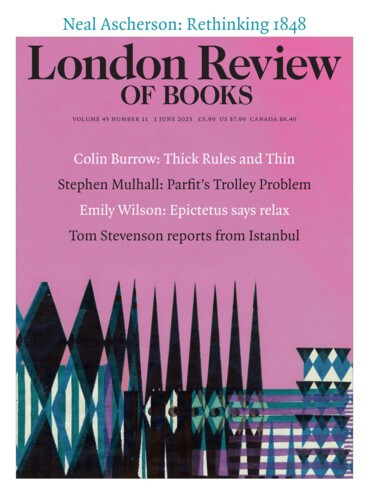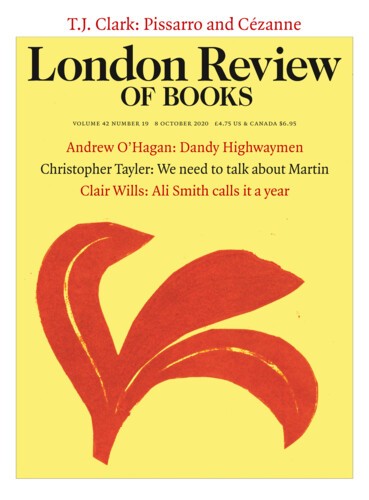I have gorgeous hair: Epictetus says relax
Emily Wilson, 1 June 2023
The first-century Stoic philosopher and teacher Epictetus was an enslaved person who succeeded in getting an education and, eventually, his freedom. Images of freedom, slavery and self-belonging (oikoiesis) recur in his teaching. ‘A slave is always praying to be set free,’ he writes. He evokes the horrors of enslavement by describing the suffering of caged animals and birds...





